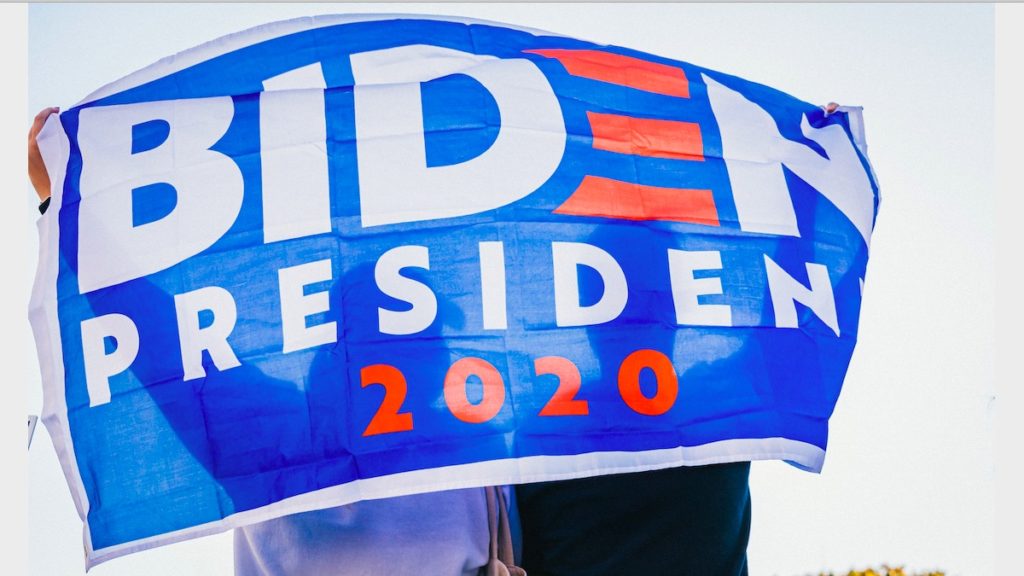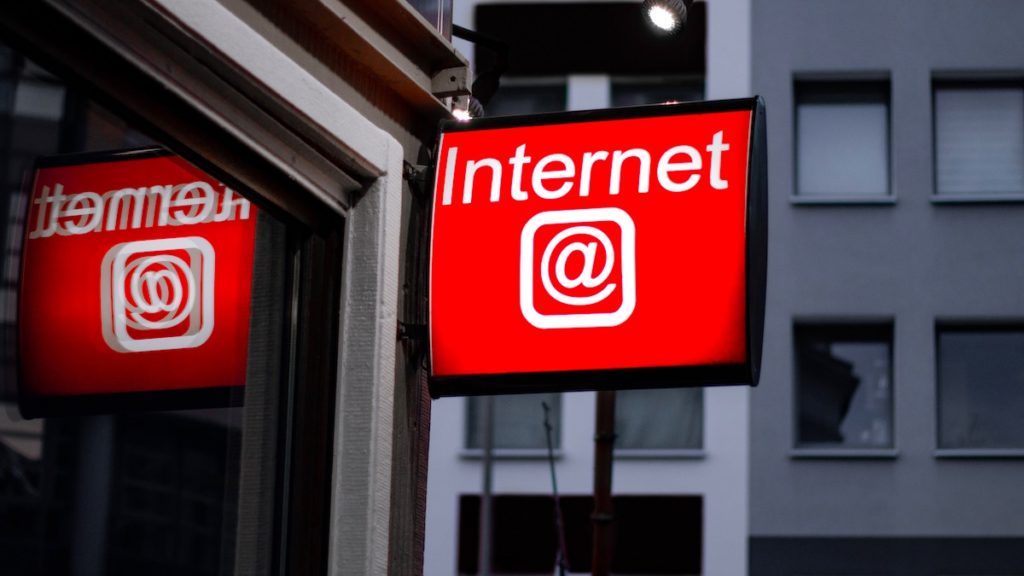Joe Biden and tech is a topic that demands discussion. Biden recently secured a majority in the U.S. elections, and it’s only a matter of time before the transition is complete. Biden’s win is expected to make some changes to the tech scene in the U.S., which also means a global shift in the same. President Trump’s administration had some plans for social media as well as big tech; there were antitrust reports on tech companies, with Google even facing an antitrust lawsuit.
Other issues that may see a change in agenda are section 230, internet availability, and sanctions on Chinese products and services. We know there will be changes because in some instances, Biden made his stance clear and it was different from that of Trump — for instance, the Paris Agreement. The Trump administration called climate change a hoax and exited the agreement. Biden made it clear that he’s going to reverse that decision. While Joe Biden and tech companies shared cordial relations when he was Obama’s vice-president, his office might see things in a different light.
Why Does It Matter?

Joe Biden is elected the President of the U.S., and here you are, reading this, whether you’re a U.S. citizen or not. It is amply clear that the events and decisions of the U.S. roll down into global changes as well. When it comes to tech, if companies change their policies to comply with the U.S. government, they’re likely to introduce similar changes in their global operations.
For instance, if the DOJ succeeds and breaks up Google and Chrome, everyone around the world would lose Chrome as they know it. The new owner of the web browser may be based in America, but the impact would be on a global level. So when we talk about President-elect Biden’s administration, chances are that his decisions will shape the big tech and how the world sees it.
Joe Biden, Big Tech, Antitrust, And Section 230

Let’s talk about the legal position of big tech in America. There was a recent antitrust report tackling Amazon, Apple, Facebook, and Google. After the report resurfaced, the Department of Justice opened an antitrust case against Google. It is safe to say that the proceedings will remain unaffected by the U.S. presidential elections.
While there were talks about breaking up big tech to reduce their monopoly, Joe Biden has put himself on the “reform” side of things. What may have been an aggressive big tech breakup campaign under Trump, is likely to come as a series of reforms under the Biden administration. Either way, we might witness the powers of big tech curbed over time.
Now I’d like to shift your attention to section 230 of the Communication Act. The section shields companies like Google, Facebook, and Twitter from being held liable for what a user posts. There was a recent hearing about making changes to the section or taking it apart altogether. The President-elect told New York Times that Section 230 should be immediately revoked. Biden has also been a critic of Facebook after he publicly said that the platform failed to contain misinformation.
In a nutshell, even with administrative changes in the White House, big tech isn’t likely to get off the hook easily. He might go easy on antitrust hearings, but it sounds like bad news for the companies if we talk about section 230. Social media companies, especially Facebook, may have to take the heat for much harsher regulations under the Biden administration.
Sanctions on China
This is an area where changes will definitely be visible. Biden said that Trump’s sanctions and tariffs on China have affected the American people. While there’s no clarity on Biden’s plans for the future, we may see some sanctions being rolled back. The ban on Huawei, TikTok, along with 15% tariffs on phones and laptops, may see some relaxation. Addressing the issue, Biden said the country needs “new rules” and “new processes” for trade with China and other countries too.
Net Neutrality And Availability

Net neutrality is possibly the biggest area where we’ll see changes in the Biden administration. Democrats have a general track record of being pro-net neutrality. While Biden hasn’t been vocal about it, Vice President-elect Kamala Harris has advocated for the cause. It is an important area because America’s stance on the issue would pave way for other countries to regulate the internet.
Another area the Biden campaign promises is growth in broadband availability. His rural policy says: “At a time when so many jobs and businesses could be located anywhere, high-speed internet access should be a great economic equalizer for rural America, not another economic disadvantage.” The statement, if taken at face value, clearly indicates that Biden wants the American rural audience to be connected via broadband.
We also think this goal can be achieved sooner than expected because SpaceX has started testing Starlink in the public beta phase. If the government and the private sector were to work together, the people of the U.S. may get high-speed affordable internet connections. Trump also worked on internet availability in rural America, making it one of the few issues that Democrats and Republicans recognize alike.
The post Joe Biden And Tech: What Do U.S. Elections Mean For The Future? appeared first on Fossbytes.
from Fossbytes https://ift.tt/3lpJDLL
via IFTTT

No comments:
Post a Comment